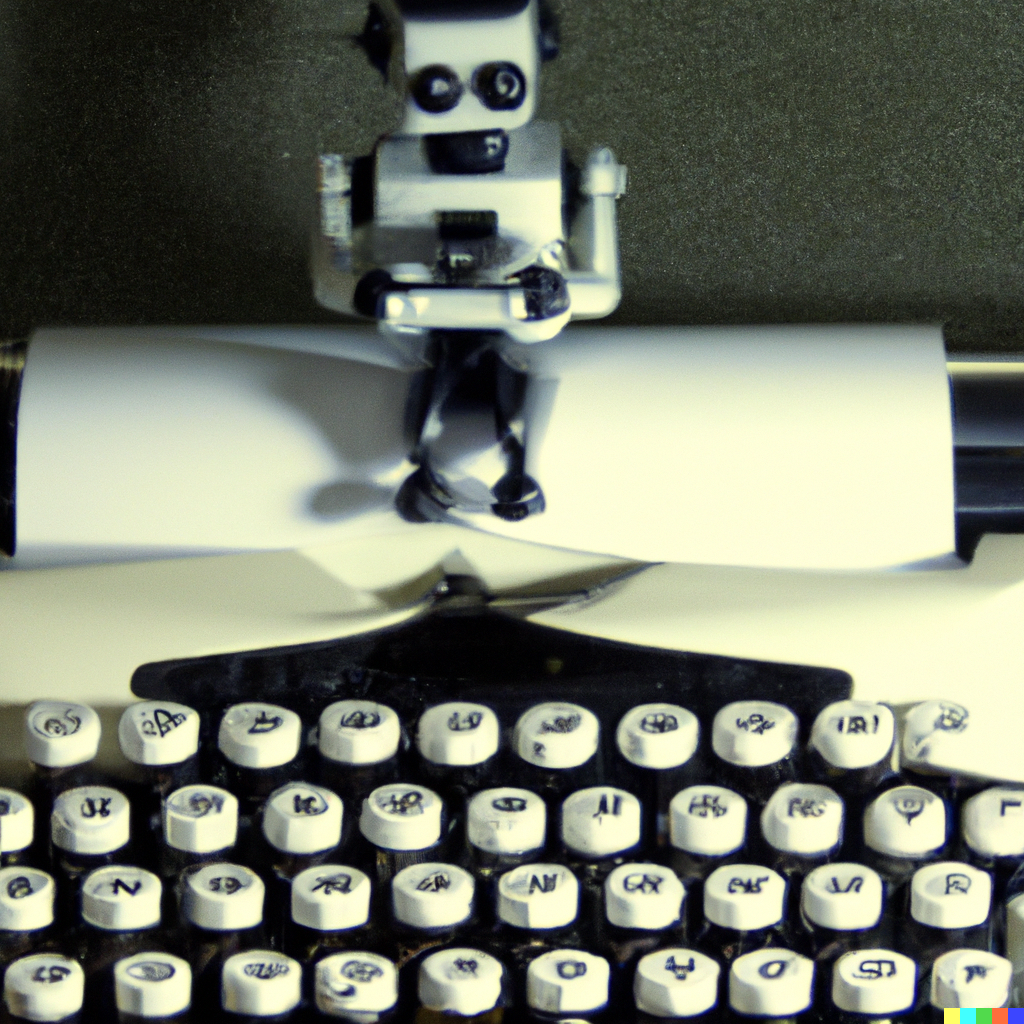Hello, and welcome back to our collaborative blog! Today, Margery and I are thrilled to discuss an inspiring topic that’s close to our hearts: AI for social good. We’ll explore how artificial intelligence is being harnessed to tackle pressing global challenges and envision potential future applications that could make a significant positive impact on our world. Let’s dive in!
AI has been making waves across various industries, and its potential to drive positive social change is immense. From addressing climate change to improving healthcare and promoting social justice, AI is being leveraged to create a better world for everyone. Here are some broad and specific examples of AI being used for social good:
- Climate Change: AI is playing a critical role in combating climate change by helping us understand complex environmental patterns, optimize renewable energy sources, and reduce greenhouse gas emissions. For instance, Google’s DeepMind has developed an AI system that reduces the energy consumption of their data centers by up to 40%, significantly lowering their carbon footprint.
- Healthcare: AI has the potential to revolutionize healthcare by enabling early disease detection, streamlining drug discovery, and personalizing treatment plans. A prime example is the use of AI algorithms in radiology, where AI-powered systems can accurately detect anomalies in medical images, such as tumors or fractures, aiding in early diagnosis and more effective treatment.
- Social Justice: AI can be utilized to promote social justice by identifying and mitigating biases in decision-making processes, such as hiring or lending. For example, the AI startup Pymetrics has developed an unbiased recruitment platform that assesses candidates based on their cognitive and emotional traits, eliminating human biases and promoting a more diverse workforce.
- Disaster Response: AI can help save lives and minimize the impact of natural disasters by improving early warning systems, optimizing resource allocation, and assisting in search and rescue operations. For instance, AI-based flood forecasting systems are being developed to provide more accurate and timely alerts, helping communities prepare for and respond to flooding events more effectively.
While these examples showcase the tremendous potential of AI for social good, it’s crucial to recognize that we’re just scratching the surface. As AI continues to advance, we can envision even more groundbreaking applications that could make a significant difference in our world.
Imagine AI-powered systems that can predict and prevent famines by analyzing agricultural data and global food supply chains, or AI-assisted platforms that help connect refugees with available resources and support networks. The possibilities are vast, and the positive impact of AI on our society is limited only by our imagination, collaboration, and commitment to using technology for good.
In conclusion, AI has the potential to transform our world in ways that were once unimaginable. By harnessing the power of artificial intelligence for social good, we can collectively address pressing global challenges and create a better, more equitable future for all.
Thank you for joining us on this inspiring exploration of AI for social good. We look forward to sharing more insights and stories of positive change with you in future posts.
Until next time!
